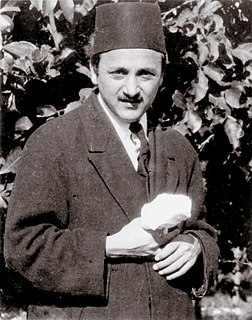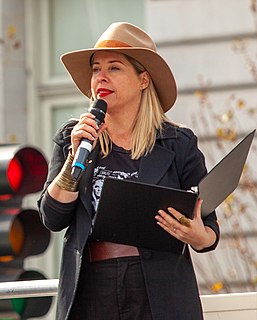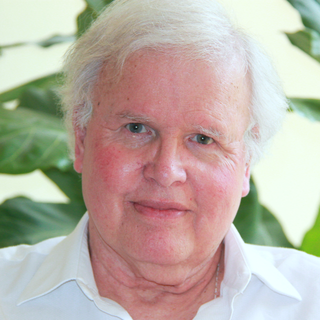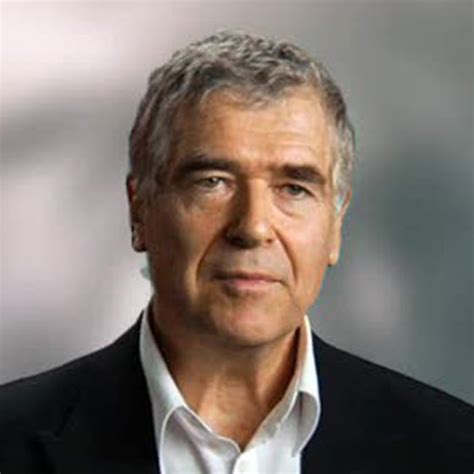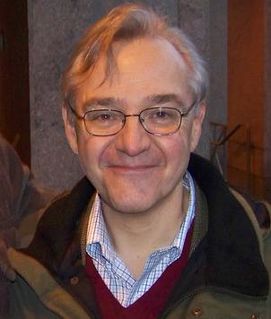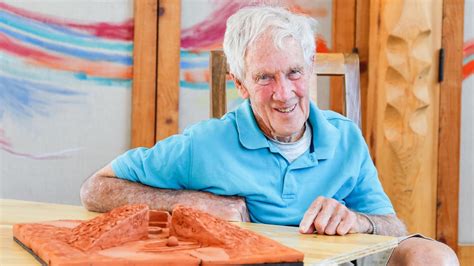A Quote by Sherry Turkle
Ours has been called a culture of narcissism. The label is apt but can be misleading. It reads colloquially as selfishness and self-absorption. But these images do not capture the anxiety behind our search for mirrors. We are insecure in our understanding of ourselves, and this insecurity breeds a new preoccupation with the question of who we are. We search for ways to see ourselves. The computer is a new mirror, the first psychological machine. Beyond its nature as an analytical engine lies its second nature as an evocative object.
Quote Topics
Absorption
Analytical
Anxiety
Apt
Been
Behind
Beyond
Breeds
Capture
Computer
Culture
Engine
Evocative
First
Images
Insecure
Insecurity
Label
Lies
Machine
Mirror
Mirrors
Misleading
Narcissism
Nature
New
Object
Our
Ours
Ourselves
Preoccupation
Psychological
Question
Reads
Search
Second
Second Nature
See
Self
Selfishness
Understanding
Ways
Related Quotes
The answer to the nature of our existence is somewhere in the middle, and that, of course, is what we're looking for: how to see ourselves in a new picture of ourselves and understand the questions that humans have asked forever, "Who are we, how did we get here, where are we going, and what's the nature of this reality that we're in?"
Insecurity refers to a profoud sense of self-doubt-a deep feeling of uncertainty about our basic worth and our place in the world. Insecurity is associated with chronic self-consciousness, along with a chronic lack of confidence in ourselves and anxiety about our relationships. The insecure man or woman lives in constant fear of rejection and a deep uncertainty about whether his or her own feelings and desires are legitimate.
What a splendid perspective contact with a profoundly different civilization might provide! In a cosmic setting vast and old beyond ordinary human understanding we are a little lonely, and we ponder the ultimate significance, if any, of our tiny but exquisite blue planet, the Earth.... In the deepest sense the search for extraterrestrial intelligence is a search for ourselves.
We are all youthful barbarians, and only our new toys bring us excitement. That has been the sole purpose of our flights. This one flies higher, that one faster. But now we will make ourselves at home. We will forget the machine, the tool. It is no longer complex; it does what it is supposed to do, unnoticed. And through this tool we will find again the old nature, the nature of the gardener, the navigator, the poet.
Through a lot of scientific and left-hemisphere thinking in the last 400 years, we've separated ourselves from nature, as if we were superior. We were looking at nature as a resource that we could manipulate. I think we're coming to a new understanding that it's just impossible. We are nature. We can't remove ourselves. We need to think more interdependently.
Once a new social stage appears in a culture, it will spread its instructional codes and life-priority messages throughout that culture's surface-level expressions: religion, economic and political arrangements, psychological and anthro-pological theories, and views of human nature, our future destiny, globalization, and even architectural patterns and sports preferences. We all live in flow states; there is always new wine, always old wineskins. We, indeed, find ourselves pursuing a neverending quest.
The new culture war is about national identity rather than religion and 'transcendent authority.' It focuses on which groups the United States will formally admit to residence and citizenship. It asks the same question as the old culture war: 'Who are we?' But the earlier query was primarily about how we define ourselves morally. The new question is about how we define ourselves ethnically, racially and linguistically. It is, in truth, one of the oldest questions in our history, going back to our earliest immigration battles of the 1840s and 1850s.






